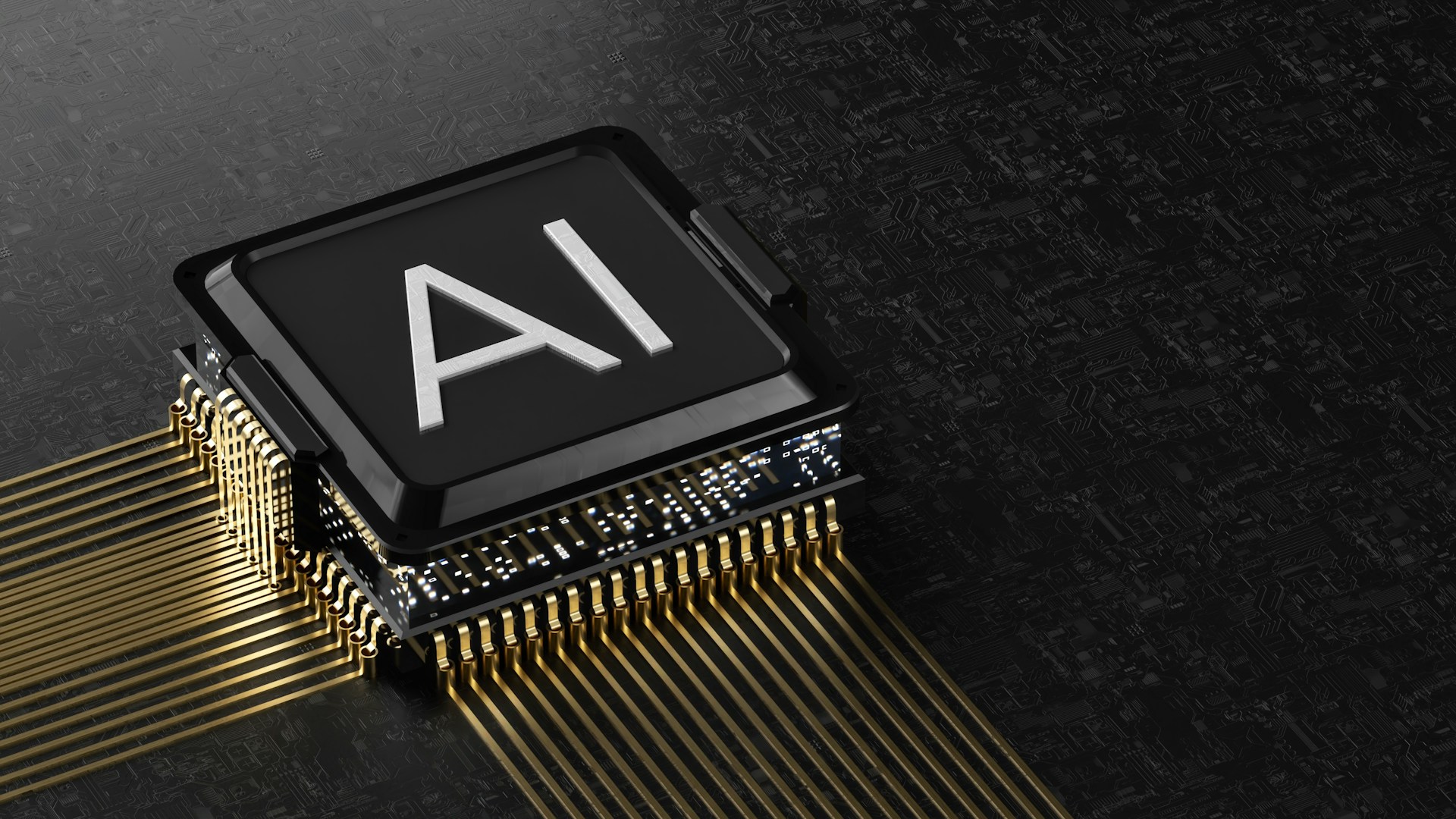Dame Wendy Hall, a pioneering member of the UK’s AI Council, is championing a future where artificial intelligence serves everyone — ethically and inclusively.
Breaking Barriers: Women in AI
As one of the earliest voices highlighting gender disparity in tech, Dame Wendy Hall recalls writing her first paper on the lack of female representation in computing back in 1987. At that time, she and her colleagues were dismayed to discover that not a single woman had enrolled in their university’s computer science program.
She attributes this imbalance to early cultural influences, such as the marketing of personal computers as “boys’ toys,” which shaped perceptions of who belonged in tech. Fast forward nearly four decades, and the landscape remains largely unchanged — especially in the AI sector, where entry still often requires a background in mathematics or computer science, both male-dominated fields.
Diversity Beyond Gender
Dame Wendy stresses that true innovation in AI must involve a broader spectrum of voices — across gender, race, age, ability, and socioeconomic background. “AI is not just about coding,” she explains. “It touches on ethics, philosophy, psychology, law, and business. We need a mosaic of disciplines to ensure AI reflects human values and needs.”
This belief aligns with the increasing movement to treat AI as a socio-technical system rather than just a technical product. Diverse perspectives are essential to ensure that AI technologies are inclusive, fair, and transparent.
The Ethics of Emerging Technologies
When examining the ethical implications of AI, Dame Wendy uses the example of facial recognition technology. Despite its widespread use in security and convenience applications, society has yet to fully debate or regulate its deployment. “Did anyone ask whether you wanted facial recognition on your phone?” she asks. “It just appeared — and that’s a problem.”
Technology always presents a duality: it offers benefits but also risks. The challenge lies in amplifying the good while minimizing the harm. That’s why ethical frameworks must evolve alongside AI innovation.
Bringing Humanity into the AI Loop
Dame Wendy envisions a future where AI acts as a collaborator, not a replacement. From legal advice to healthcare diagnoses, AI can enhance decision-making — but only when humans remain in the driver’s seat. She draws parallels to the early days of calculators: initially met with resistance, they eventually became indispensable tools. Similarly, generative AI can boost productivity and creativity if used responsibly.
However, she cautions that AI systems are still fallible. Trained on biased or incomplete data, many models “hallucinate” — generating false or misleading information. For this reason, Dame Wendy advocates for AI to be used as a support system rather than a standalone authority.
Her insights echo broader conversations about AI misuse and the importance of ethical safeguards in technology development.
The Future of Responsible AI
Looking ahead, Dame Wendy believes AI will become embedded in every aspect of society — from education to entertainment, logistics to law. But she insists the future must be co-created with inclusive voices and clear ethical guidelines.
“If we get this right,” she says, “AI could lead to shorter workweeks, more leisure, and a better quality of life. But we must ensure it works for humanity — not against it.”
Her mission is clear: shape a human-centric AI future built on trust, equity, and cross-disciplinary collaboration.
Want to explore more on how AI is reshaping global innovation? Discover what’s ahead at the WAIE 2025 Global AI Expo, where ethics, diversity, and innovation take center stage.







